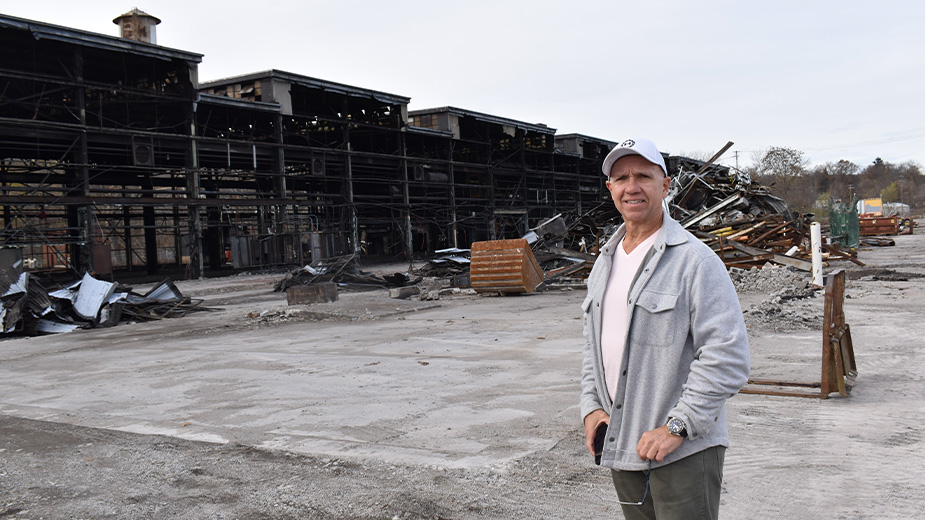Endeka Accuses Penn National Gaming of Fraud
YOUNGSTOWN, Ohio – Were the $225 million casino and harness racing track to be built in Lawrence County, Pa., it would include table games, up to 1,500 slot machines and permit smoking on the premises – all potential advantages over Penn National Gaming Inc.’s racino in Austintown.
Which is why Penn National never intended for it to be built even though it signed on in 2013 as minority financier, developer and future operator of the venue, claims a lawsuit filed last week in New Castle.
April 9 is the deadline for financing documents to be submitted to the Pennsylvania Gaming Control Board, which must approve a gambling license for the project. A public hearing is set for April 29.
“As a direct and proximate result of Penn National’s reckless, wanton, and intentional misrepresentations, the PGCB has and/or will deny Endeka’s gaming license application,” the project’s majority partner claims.
Endeka Entertainment, In its civil fraud complaint filed against Penn National, says the company “sought to control the application for a gaming license and the development of a casino in Lawrence County, derailed the project from the outset through fraud, and ultimately destroyed the project, all to protect Penn National’s own financial interest in its Austintown, Ohio, casino.”
Endeka, based in Philadelphia, consists of partnership interests that collectively are seeking unspecified compensatory and punitive damages. States its lawsuit, “Penn National did not want to lose patrons from its Austintown casino, so it intentionally misrepresented facts, delayed action, and destroyed any chance for the development of a casino in Lawrence County by the plaintiffs.”
The Lawrence Downs Casino and Racing Resort was to be built near the intersection of routes 422 and 551 in Mahoning Township, Pa.
Endeka’s fraud complaint was filed March 30, the same day that Penn National announced it is withdrawing from its joint venture with Endeka (READ STORY).
A statement by Penn National’s chief development officer, B.J. Fair, attributed the decision to “continued softness in the economy and the level of market saturation – not just in western Pennsylvania but across the commonwealth.” No mention was made of its racino in Austintown.
Also on March 30, Penn National, based just outside Reading, Pa., filed a civil complaint in Berks County, Pa., seeking a declaratory judgment “to reaffirm our rights regarding withdrawal,” Fair said.
The Lawrence County racino was first proposed in 2003 by local businessman Carmen Shick. The project stalled as various investors entered and exited the picture, periodically changing the ownership structure.
Were it to be built by Penn National and Endeka, Penn National’s profit from the Lawrence Downs “would be limited to a consulting fee,” Endeka says. By comparison, Penn National “retains 100% of the profit” from its Austintown racino. “Since it opened for business in September 2014, the casino has generated average revenue of $7 million per month,” Endeka’s lawsuit states.
The 32-page complaint outlines how the Lawrence County racino was to be financed, including the proposed use of a $60 million loan from investment funds linked to immigration.
Although the PGCB awards casino licenses, the commonwealth’s Harness Racing Commission controls that portion of the regulation process. Lawrence County could still become the site of a racino should Endeka and Penn National settle their differences and another entity emerge to finance and operate such a project.
Pictured: Artist’s rendering of Lawrence Downs Casino and Racing Resort.
Copyright 2024 The Business Journal, Youngstown, Ohio.



